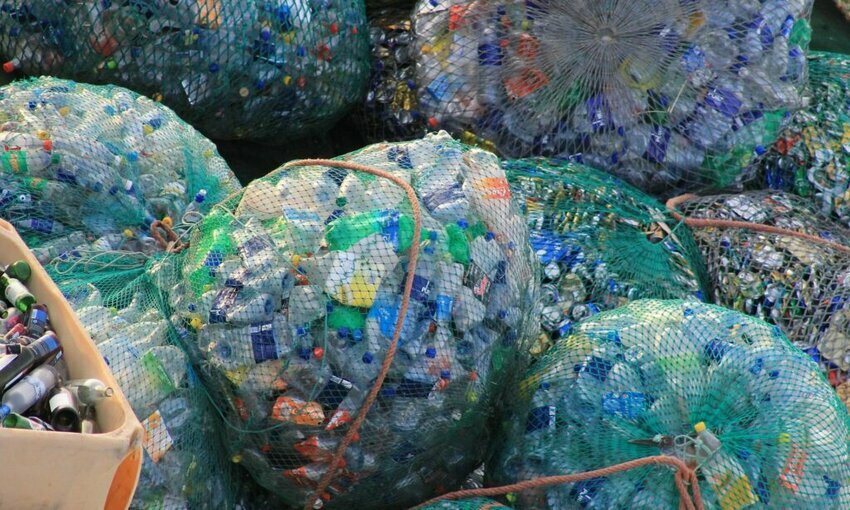 (Credit: Pixabay)
(Credit: Pixabay)Researchers from Michigan State University’s School of Packaging have developed a new method to make plastics more biodegradable.
Namely, the research team, led by Rafael Auras, a professor at the School of Packaging at MSU, has made a bio-based polymer blend that’s compostable at home and in industrial settings. The innovation brings new excitement to the potential future waste reduction of petroleum-based plastics. Less than 10% of plastic waste is recycled in the United States, with the bulk of the material ending up as trash or litter.
“In the U.S. and globally, there is a large issue with waste and especially plastic waste,” Auras said in a statement. “By developing biodegradable and compostable products, we can divert some of that waste. We can reduce the amount that goes into a landfill.”
The issue has been of interest to many organizations. Last year, a coalition of industry, infrastructure, and academic associations in the United Kingdom sought to advance compostable packaging with $1.4 million in funding from the U.K. Research and Innovation’s Smart Sustainable Plastic Packaging Challenge. The coalition aimed to study the feasibility of collecting, sorting, and treating compostable packaging through existing bio-waste collection and treatment programs.
The polymer, PLA-g-TPS, was evaluated in simulated composting conditions by Auras and his team, who published their findings in ACS Sustainable Chemistry & Engineering. The polylactic acid, derived from plant sugars, has been used in packaging for over a decade. Its waste byproducts are also all-natural, such as water, carbon dioxide, and lactic acid.
The team noted that their compound ensures that plastics that will go into the compost don’t need to be cleaned of food contaminants, boosting the efficiency of plastic recycling. PLA can be biodegradable in industrial composters, which can create conditions with higher temperatures that are more conducive to breaking down bioplastics.
The idea of also composting PLAs at home was previously thought not possible, but researchers were able to show it could be done after integrating a carbohydrate-derived material called thermoplastic starch into PLA. The starch enables the microbes to “more easily chow down on the PLA degrades,” the researchers noted.
Researchers also noted that to break down, the plastics require certain composting conditions. Outside of active composting, the plastics won’t break down in the environment, creating a fear that the plastics could just become litter.
“If people think we develop something biodegradable so it can be littered, that will make the problem worse,” Auras said. “The technology we develop is meant to be introduced into active waste-management scenarios.”
Overall, the study proved that composting PLAs could potentially be done at home and has brought new excitement to future uses.